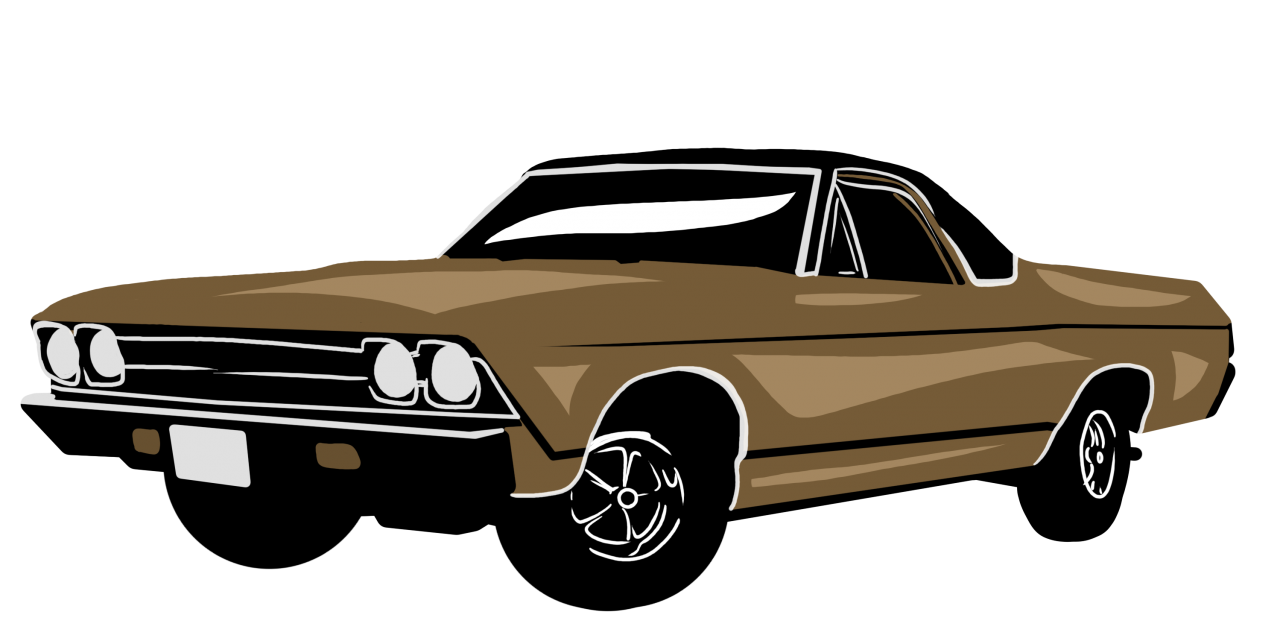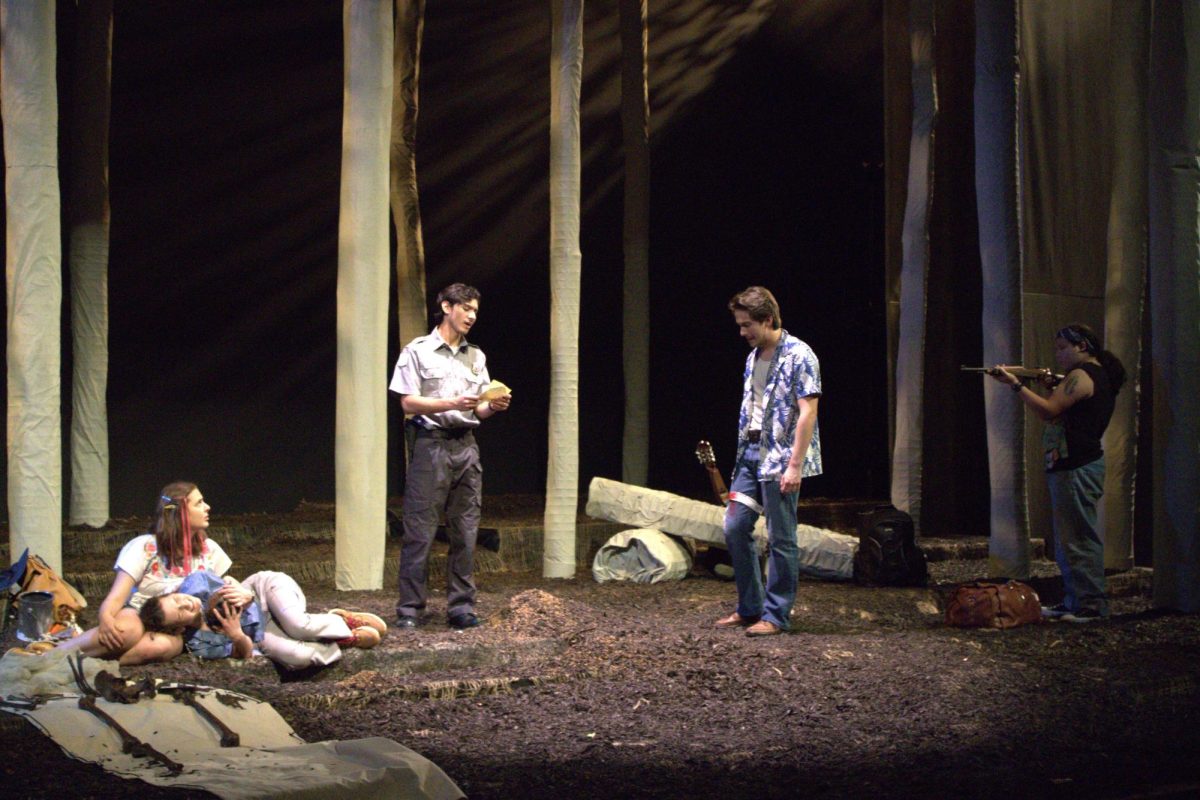illustration by Andrea Nebhut
When Vince Gilligan’s hit series “Breaking Bad” released back in 2008, no one could have predicted the success and notoriety it would reach by the time its last episode aired in 2013.
It represented the brilliance that TV shows can reach when done right. That is, “Breaking Bad” set out to tell a story that started off with a bang and ended in a frenzy but only told as much as it needed to, rather than be brought back season after season for the sake of trying to stay relevant.
Gilligan takes that same approach will “El Camino,” taking the helm of writer and director to ensure that the movie stays true to the “Breaking Bad” tone.
El Camino is not a continuation of the show that screams “cash grab,” nor is it some reboot in an attempt to bring back the nostalgia of the original series.
Instead, El Camino concludes the story of Jesse Pinkman (Aaron Paul) as he tries to escape the eyes of the police after the public revelation of his connection to Walter White (Bryan Cranston) who became the notorious chemistry teacher turned international meth kingpin of Albuquerque, New Mexico.
In this epilogue Jesse’s task is quite simple, find “the disappearer” (Robert Forster) who can erase a person’s entire history and start fresh with a new identity so that they may escape and begin anew. Despite such a simplistic premise, we are left in the dark on this plan, instead told to focus on the immediate actions of Jesse and the obstacles he endures to get to that point. It is not until the latter half of the film that we begin to realize Jesse’s entire goal is to escape Albuquerque.
But the tension does not stop there, as Gilligan then presents us with the question of how this escape is going to unfold.
And while remaining contained to one individual’s journey, Gilligan reminds us that the “Breaking Bad” universe is quite expansive.
A whole slew of returning characters, and some fan-service cameos, from the original tv show, give us insight to some of the more interesting individuals that never had much of a spotlight back in 2013.
Ultimately El Camino is a movie for fans of the “Breaking Bad” show, hence the subtitle “A Breaking Bad Movie.”
It assumes that you are caught up with everything that happened with Walter White’s story and are now ready to hear what happened to Jesse after the series finale.
This required familiarity may frighten newcomers a bit. Yet, pleasing newcomers is not Gilligan’s purpose in making this film. It’s almost as if the showrunners sat down and said “you know, we never really did tie up that character’s story” and thus, this epilogue is tasked with doing so, as if it is just another episode of the final season.
And the cinematography is certainly reminiscent of the “Breaking Bad” tone and feel that die-hard fans are familiar with. Close up shots of the scenes with inventive angles and cameras glued to the minute actions of each character remind us that this is a story about humans with massive problems to solve, yielding a personality to Gilligan’s work.
Lengthy, but intriguing dialogue and slow-paced moments add up to the tension that series regulars know is going to appear in just a matter of time.
And references and nods to a bygone era force us to remember the impact the show had on us, given our ability to notice such aspects a whole six years later.
However, if you never got into “Breaking Bad” at its launch, “El Camino” is all the incentive to start watching the show and eventually join the fans that are going crazy over this film’s release.
In fact, after the film’s conclusion, I found myself laying in my bed rewatching episode one of “Breaking Bad,” determined to rewatch the entire series throughout the upcoming breaks in the semester.
All in all, I have really no complaints with this movie, other than that it only pertains to those who have sat through all five seasons of “Breaking Bad,” which functions as more of a compliment rather than a critique.
Never before have I seen a movie that expands the story of a beloved series but closes it off in a way that reminds us that some things are better left in the past, priding itself on its definite conclusion rather than its continuation.







